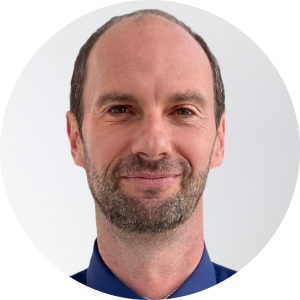Candlenuts, chilies and chicken: PBB facilitates rural economic transformation in Eastern Indonesia
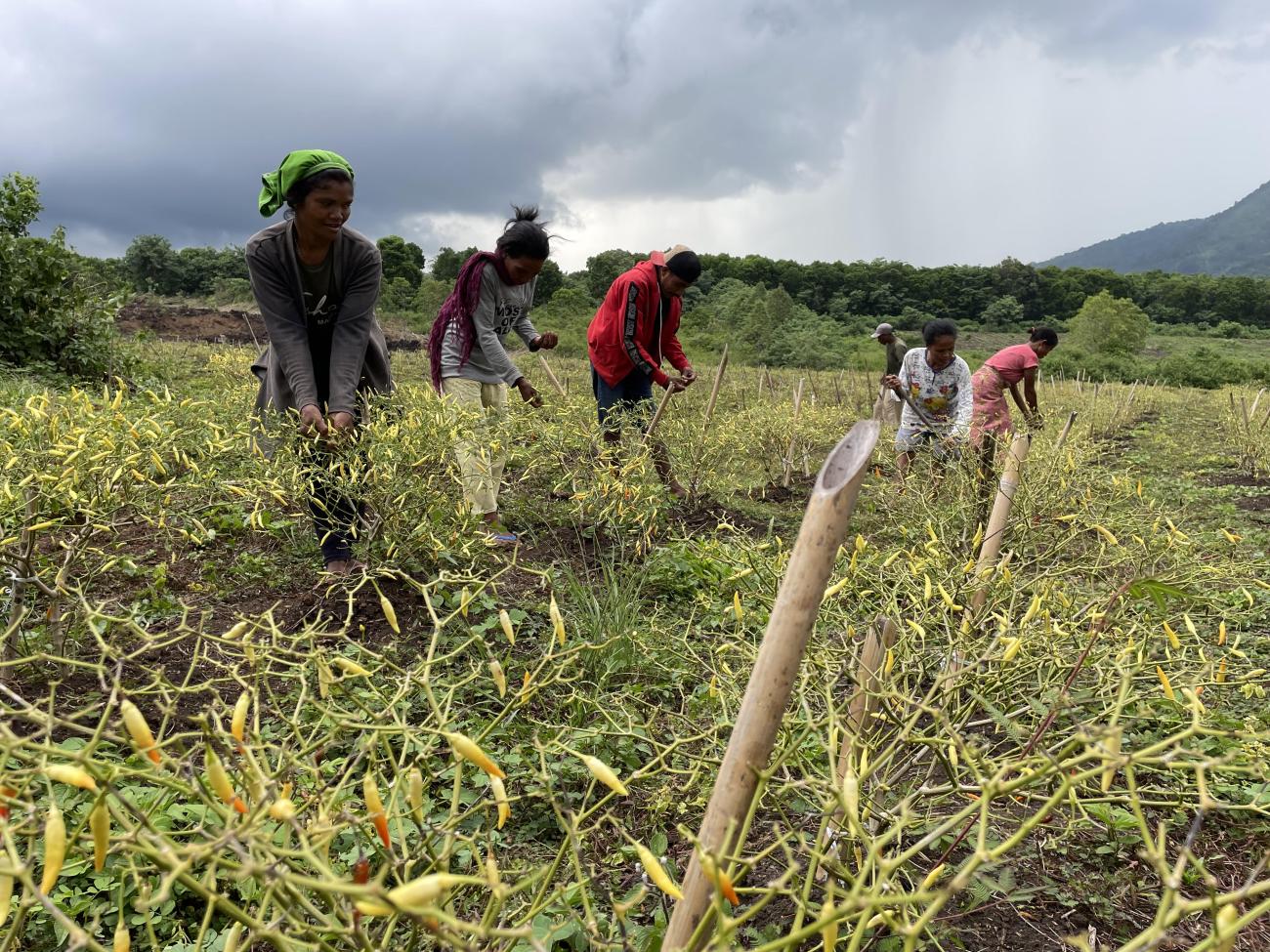
--
INEGENA, PULAU FLORES, INDONESIA – Wilfridus Ngala has a vision - to turn his village of 1100 people, most of whom are subsistence farmers, into an agricultural powerhouse with its own food processing and export industry. Sounds far-fetched? It doesn't. Just a year after receiving support from the International Fund for Agricultural Development (IFAD) and the Ministry of Villages, Development of Disadvantaged Regions and Transmigration, the signs of progress in this community in the middle of the hills of Flores Island are clear: once barren land is being transformed into horticultural fields, and chickens squawk along the previously quiet village streets.
"Our village now has a future and many young people have decided to stay and participate in new agricultural projects," says Viktorinus Roja, 30, who learned to raise chickens last year and has been elected chairman of the village business association known by its acronym BUMDES. "A year ago I was thinking of moving to find a job in the city. But I have decided to give Mayor Ngala a chance."
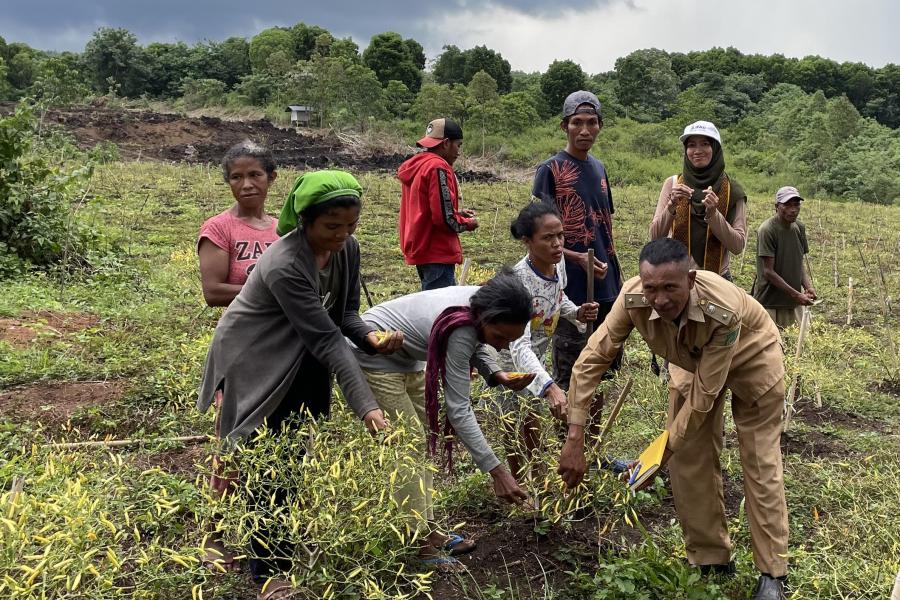
Building long-term economic success
Inegena is one of 1110 villages in Indonesia supported through IFAD's Integrated Village Economic Transformation (TEKAD) Program, which places improved governance and community involvement in the use of village resources for local economic and social development at the heart of planning. In the case of Inegena and 19 other villages in Ngada district on Flores Island, they helped villagers design business plans and long-term development strategies, and applied for funding to the national Village Fund worth IDR 68 billion (US$ 4.3 billion), managed by Ministry of Villages. TEKAD has employed a team of experts who work with the villagers. Most of the funding does not come from grants but loans that must be repaid by the government and villages from the results of increased economic activity.
“Very often in rural Indonesia, money is not the problem. "But insightful planning to build the foundation for long-term economic success is the problem," said Harlina Sulistroyini, Director General of Economic Development and Investment at the Ministry of Villages. “Places like Inegena are proof of what small funding and big ideas can achieve together.”
The key, Ms. Sulistroyini added, is for people to focus on one product that has economic and market advantages. In Inegena's case, villagers with TEKAD support drew up a business plan to increase harvests and start local processing of candlenuts, the village's main commodity and future cash crop. Until now, each farmer harvested the nuts, cleaned them manually and took them to local markets. As the first step in the transformation process, they are now working together to get better offers from buyers. Equally important, villagers no longer need to travel an hour to the city and spend time selling their products – buyers can now come to the village.
The oil extracted from candlenut kernels, which tastes slightly similar to walnuts but is gentler on the palate, is used in the cosmetic and pharmaceutical industries as a raw material.
The ministry will support the purchase of machines to replace the manual labor now needed to shell peanuts, and will also provide funds for villages to purchase machines to extract peanut oil, Ms Sulistroyini said.
Selling oil instead of nuts will allow the village to gain more income from the candlenut value chain. "We want to support villages with vision and potential," he added. “Inegena is a small village but one day it will become international – as long as they stay focused.”
Once villagers have oil extraction machines, which are planned for late 2023, they will also be able to process candlenuts harvested in neighboring villages, Ngala said. “We plan to be a local hub.”
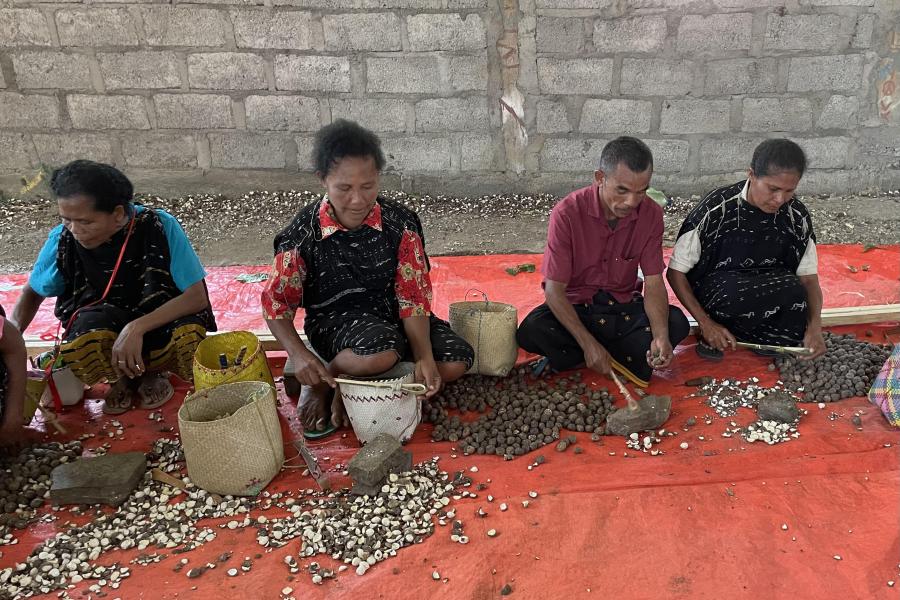
Increasing production, looking for markets
Although the focus in the village's economic transformation plan is on candlenuts, there is another product that local residents see potential for: they used IDR 152 million (US$ 9,600) from the Village Fund to increase the cultivated area around the village by 50%. Rice fields that were once filled with bushes have been converted into horticultural plantations. Most of the chilies, eggplants and cabbages grown are sold at local markets.
Farmer Bonevasius Redo has succeeded in expanding his bamboo house from the additional income he earned during the last planting season. Thanks to new opportunities at home, he moved back to Inegana after years working on oil palm plantations in Kalimantan. His income is now around IDR 5 million per month (US$ 320), compared to just IDR 3 million (US$ 190) on the plantation. “Now we can live a life here by growing vegetables and chilies,” he said.
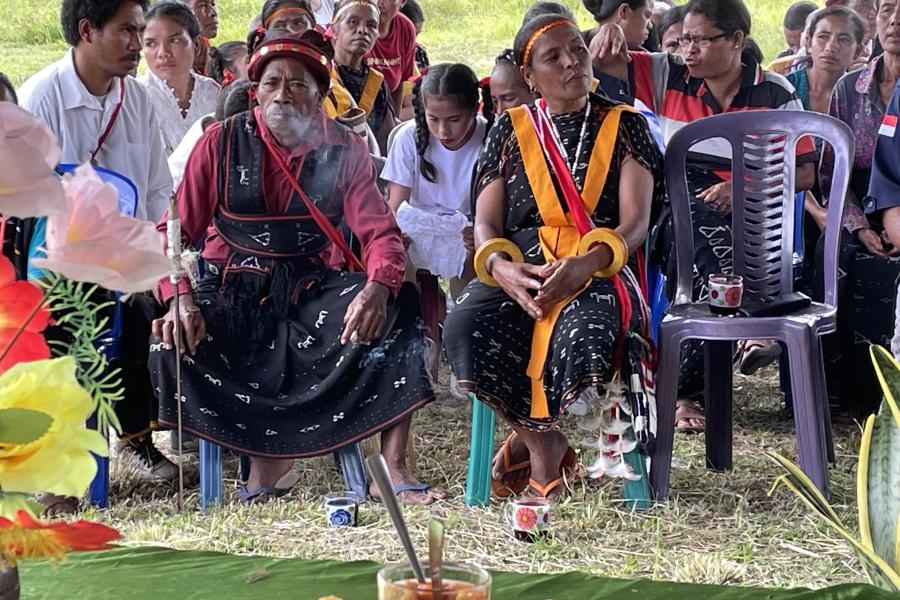
Chickens and food resilience
The aim of the chicken scheme, which convinced Mr Roja not to move to the city, is to improve food security and nutrition by providing people with a stable protein intake – as well as income from selling surpluses. There are now 2,400 chickens in the village, up from a few hundred two years ago.
TEKAD's goal is to provide economic transformation support to interested villages in the five poorest provinces in Indonesia, including East Nusa Tenggara, where Inegena is located. Through recruiting and training local facilitators to work with villagers, this ensures that there is community support for long-term planning. “To create the foundation for sustainable development, villages need to spend money on projects that will have long-term economic benefits, rather than just spending Village Fund money every year on ad hoc initiatives,” said Anissa Pratiwi, National Program Officer at IFAD Jakarta. “This fundamental change in approach requires learning and capacity building at the village level.”
This change is very necessary, because currently only 10% of Village Funds are used to support rural economic development. TEKAD helps change that by improving the technical skills and market information available to villages, along with guidance and oversight in project planning and implementation. The villages where it works have a combined population of more than 1.6 million – making it one of the UN projects with the largest reach in Indonesia.
TEKAD is jointly funded by IFAD and the government, with the government leading implementation. “We use TEKAD not only to help participating villages develop, but also to show other communities in the region as an example of long-term and sustainable economic development,” said Ms. Sulistroyini.
Written by
